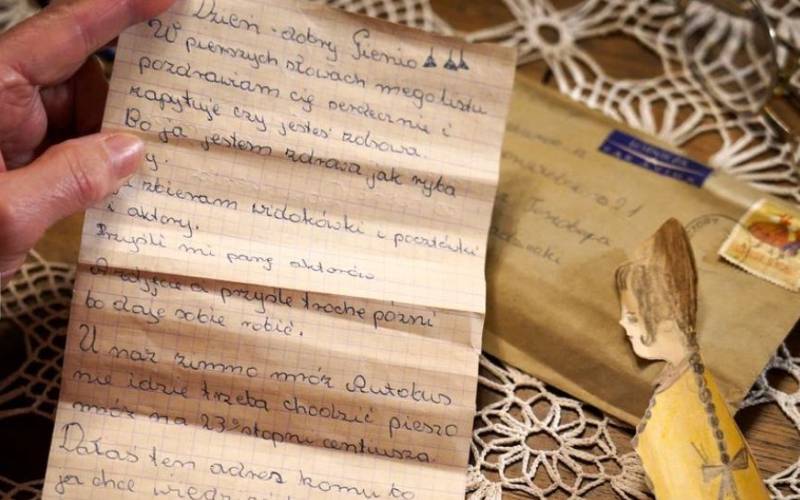×
The Standard e-Paper
Join Thousands Daily

A view of a letter sent to Lithuanian woman Genowefa Klonowska around 50 years ago in Vilnius, Lithuania, January 25, 2022. [Reuters]
A letter written to a 12-year old girl in Lithuania was delivered in December, almost 51 years after it was sent by a pen pal in Poland.